How to Increase Team Efficiency through Connected Data
Posted on: July 10, 2020 | By: Guy Logan | Acumatica

Professional service organizations of all industries face the challenges of balancing resources and requirements to keep customers happy and utilization high. As the pace of business has accelerated, the need to have instant visibility into every aspect of the business has increased. Reporting that only looks at the past doesn’t deliver the information that managers need to keep projects on-time and on-budget.
To manage projects proactively, employees and managers need real-time data that connects all the moving parts – from deliverables to expenses to resource schedules. Information accessible from the field can also enable employees to be productive and responsive no matter where they are serving your clients.
In this blog post, we explored the most common issues professional service organizations face today to understand how to increase employee utilization in times when remote teams must be their most efficient resource. Read on to learn more about the solutions we discovered that may help you transform your company through the power of technology.
The Challenge of Lacking Centralized Data
In the age of specialization, it is crucial that companies are able to carefully match the skills of their resources with the requirements of the job. But with the complexity of matching these different moving parts, we have found that professional service organizations need to take a structured, systematic approach to assigning the right person at the right time.
However, this is easier said than done. As a longtime partner of professional service organizations, a common problem we’ve encountered is a lack of centralized data. This leads them unable to accurately forecast resource utilization. Over-scheduling valuable resources can risk losing high-value employees, while under-utilizing their skills can hurt profits. Without the valuable resource of centralized data, the complexity of efficiently matching schedules and project needs can be extremely overwhelming.
Using Resource Management for Efficient Scheduling
As your organization grows, you need more sophisticated project planning that can automate resource management across numerous projects. Tracking important attributes like skills, certifications and location with a centralized project management software can streamline the coordination of resources and project requirements. This can help to optimize resource allocation and scheduling, as well as monitor utilization throughout a project.
A centralized system can analyze hours to ensure that your project utilization stays on track and moves forward as well. Simplifying tasks such as remote time entry or updating project status can also help to maximize billable work time.
Why Disconnected Systems are Detrimental to Remote Teams
Remote teams can be cost effective and deliver an ideal mix of skills to projects during times where offices are unable to open under safe conditions. However, working across multiple time zones and geographies can hamper delivery. This is exacerbated when an organization lacks the tools in place to foster collaboration for a remote team.
Thorough processes and a strong culture can link an online workforce together. Most professional service organizations are using technological systems that were built to serve a traditional office environment. These separated and disconnected systems hold data for project plans, supporting documentation and project accounting. This makes it significantly more difficult to deliver that information to the actual field.
The Power of Collaboration Tools to Improve Efficiency
Remote teams need a centralized platform that can foster communication and collaboration to work more efficiently. When project information is made easily accessible, you can improve resource scheduling through the central visibility of utilization and capacity levels. A clear platform can also provide centralized storage and access to project-related documents, ending version confusion and endless email circles. Collaborative tools like a centralized platform also allows team members to share project calendars, task lists and issue logs. This can help to keep all members in sync despite time zone and location differences. Providing project portals for your clients can save wasted hours of reporting and give time for more productive purposes. And to develop a strong team culture, a centralized platform can promote open sharing of ideas and recognize the achievement of your team members through discussion boards and announcements.
Keeping valuable employees fully engaged and delivering high-profit services will improve the bottom line and employee satisfaction. As your organization takes on larger and more dispersed projects, you need the centralized systems that simplify team collaboration.
Next Steps
Looking to find tools and platforms to improve your company’s efficiency, even when remote?
Be sure to check out our whitepaper on how professional service firms can use systems to start improving their business results.
Companies like Acumatica demonstrate how upgrading to the right ERP software can bring your company to its full potential. Logan Consulting, based in Chicago, is committed to helping clients across the nation reach their full potential as a proud partner of Acumatica. Reach out to us to talk about any of your software systems needs.
